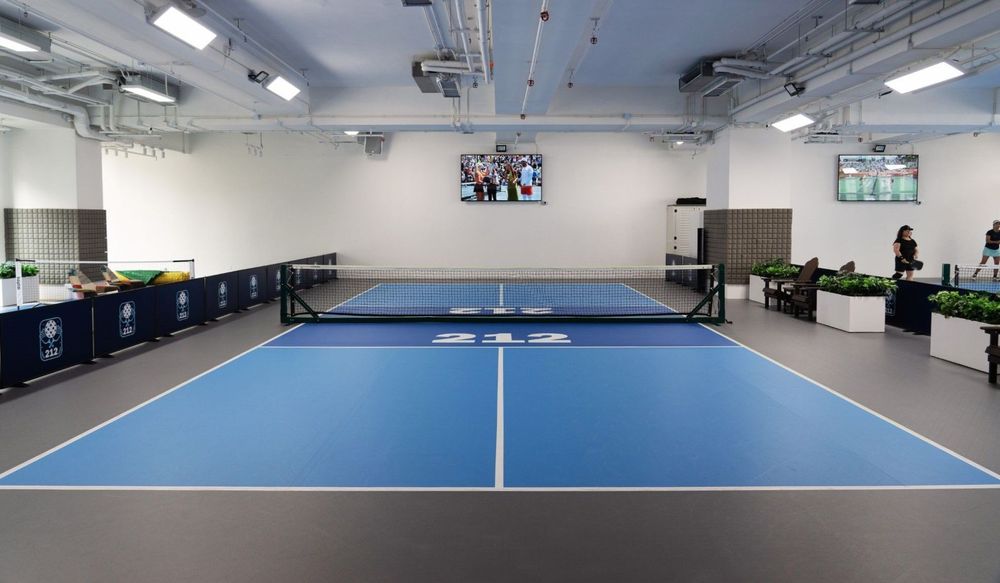New research from the Hong Kong Baptist University (HKBU) School of Business] shows that the way work is designed and structured can affect how employees experience the passage of time, which ultimately impacts their job performance. This study, published in the Academy of Management Journal, proposes two new workplace design characteristics – temporal predictability and task segmentation – that can affect employee’s perception of time.
Dr Rocky Peng Chen of HKBU School of Business, along with researchers Helen H. Zhao (University of Hong Kong), Hong Deng (Durham University), Sharon K. Parker (Curtin University) and Wei Zhang (University of Hong Kong), conducted a series of experiments and field studies to test their hypothesis and support a new approach to work design.
“Work design is an important research stream in the field of management and most existing theories focus on how the nature and the organisation of workers’ tasks, activities and responsibilities can create positive work experiences,” says HKBU’s Dr Rocky Chen. “A crucial component of work design is the experienced passage of time, or how employees rate the speed at which the time passes while working.”
The team of researchers conducted five studies in total which included two experiments, a naturalistic field study, an organisational field study and an online survey. These studies were interpreted collectively in order to draw accurate conclusions and demonstrate that the model applies not only to straightforward, mechanical jobs, but also to jobs with more autonomy and variety.
Main findings:
Temporal predictability and task segmentation were the two work design characteristics that the study established as being key to how employees perceived time. Temporal predictability is defined as the degree to which the uncertainty of unplanned time preceding a project or work task can be reduced. Simply put, having a clear timeline and knowing when the next task will start. Task segmentation is defined as the concept of dividing large chunks of time into smaller sprints to better tackle big projects and deadlines.
It was found that when employees feel that time is passing quickly, they consider themselves to be more productive and perceive the project they are working on to be more pleasant. Specifically, increased temporal predictability and task segmentation can: 1) Positively affect the experienced passage of time, as employees perceive time as passing significantly faster, and 2) Result in improved employee job performance and accuracy by keeping them laser-focused on tasks.
Implications:
The findings of this study have important implications for employers and businesses looking to improve their employees’ job satisfaction, engagement and performance.
1. Design work time in a way that helps employees stay focused
Managers can eliminate unnecessary wait times or reduce the uncertainty of wait times between tasks and events. As an example, employees can be given other “tasks” to complete while waiting, to increase temporal predictability. Furthermore, meetings can also become more efficient if employees are informed about the exact timings beforehand – this makes them less focused on the time and more engaged with the discussions and outcomes of the meeting.
2. Punctuate the workday with time markers to segment tasks
Using visible temporal markers that divide a large chunk of work time into several smaller blocks for task segmentation purposes can help employees restore their focus and alertness. Between intervals, employees should be encouraged to engage in activities that are different from their focal task.
Employers do need to be careful when designing task segmentation and ensure they customise it for different jobs and people; too much segmentation might be detrimental for some jobs, especially for those employees who are performing complex tasks that require undisturbed, deep mental focus.
3. Empower employees, don’t force them into a rigid structure
Although employees are willing to work hard, it is inevitable and involuntary that they will lose focus at some point. The right work design enables managers to have a significant influence in assisting their staff in maintaining focus, because employees find it pleasant to feel that time is passing quickly.
Keen to read more from HKBU’s research teams? Check out this article on how COVID-19 fundamentally changed consumer shopping behaviour.



